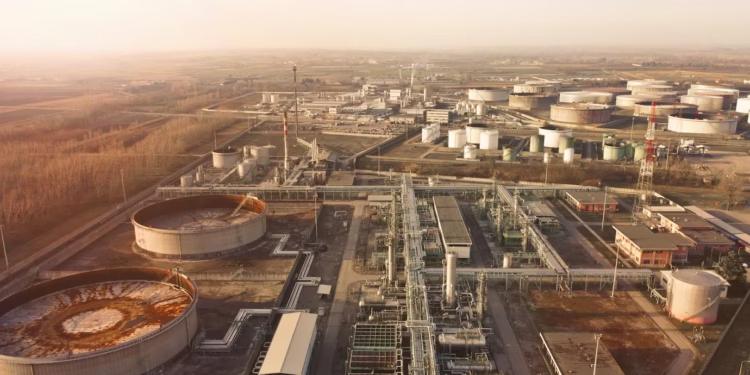India and Saudi Arabia are actively exploring the launch of joint refinery and petrochemical projects as part of a broader effort to deepen bilateral energy cooperation and secure long-term economic interests. The announcement was made by Prime Minister Narendra Modi during his official visit to Saudi Arabia, underscoring a shift in regional energy alliances and the emergence of a stronger India–Middle East energy corridor.
In an interview with Arab News, PM Modi noted that both nations are conducting feasibility studies for collaborative ventures in the downstream oil and gas sector. The discussions include not only joint investment in refineries and petrochemical complexes but also cross-border electricity grid interconnectivity, a potentially game-changing infrastructure project linking India with the Middle East.
A Strategic Energy Realignment
The push for joint ventures comes at a time when both countries are reassessing their strategic energy goals. For India, which is heavily dependent on oil imports to meet over 80% of its energy needs, such collaborations offer greater security, pricing stability, and access to technological expertise.
Saudi Arabia, on the other hand, is facing a plateau in demand from its traditional Asian customer, China, and is increasingly turning toward India’s fast-growing energy market to diversify its customer base. By securing stakes in India’s refinery sector, the Kingdom aims to create downstream value chains that ensure long-term markets for its crude oil exports.
The potential for Saudi Aramco to invest in Indian refining assets—particularly in collaboration with Indian energy majors such as Bharat Petroleum Corporation Limited (BPCL) and Oil and Natural Gas Corporation (ONGC)—is already under consideration. Sources suggest these investments may include new greenfield projects as well as expansions of existing refinery capacities in western and southern India.
Vision 2030 Meets ‘Make in India’
The proposed joint projects align closely with Saudi Arabia’s Vision 2030, a national initiative designed to reduce the Kingdom’s dependence on oil revenues by investing in diversified sectors including chemicals, infrastructure, and energy partnerships. For India, these projects fall squarely within the ‘Make in India’ framework, which aims to attract global capital and expertise into domestic manufacturing and energy infrastructure.
The partnership is also expected to give a fresh push to India’s ambition to become a refining and petrochemical hub, serving both domestic demand and global exports. India currently has the world’s fourth-largest refining capacity, but it plans to expand this significantly over the next decade to meet growing energy and mobility demands.
Beyond Oil: Focus on Renewables and Grid Interconnectivity
The Modi government’s discussions in Riyadh also extended beyond hydrocarbons. According to officials familiar with the meetings, both countries are keen to collaborate in renewable energy sectors, particularly green hydrogen and solar power.
Saudi Arabia has positioned itself as a major future exporter of green hydrogen and is seeking partnerships in regions like India to build a full-stack ecosystem of production, transportation, and consumption. India, with its climate commitments and domestic need for clean fuels, presents an ideal partner.
One of the most ambitious proposals on the table is the development of regional electricity grid connectivity, linking India, the Middle East, and potentially Southeast Asia. Such a network would facilitate real-time power trade and improve regional energy resilience, especially during demand peaks and supply disruptions.
Geopolitical and Economic Implications
India’s renewed engagement with Saudi Arabia comes amid a broader reconfiguration of energy diplomacy in the wake of global supply chain challenges, OPEC+ production decisions, and the geopolitical uncertainty surrounding the Red Sea and Gulf regions.
By engaging in long-term infrastructure and energy ventures, New Delhi and Riyadh are signalling their intent to move beyond transactional oil trade toward a strategic economic partnership. The cooperation is also expected to have spillover effects into logistics, maritime connectivity, and digital economy collaborations.
Looking Ahead
As both sides continue to build on the outcomes of PM Modi’s visit, the establishment of joint ventures in refinery, petrochemical, and renewable energy sectors is poised to redefine India–Saudi Arabia relations in the 21st century. Final decisions on project scopes and investment structures are expected in the coming months, potentially paving the way for one of the most consequential bilateral partnerships in the energy sector.
This deepening engagement reaffirms India’s evolving global energy strategy—balancing security, sustainability, and sovereignty—while offering Saudi Arabia a critical bridge to the high-growth markets of South Asia.









